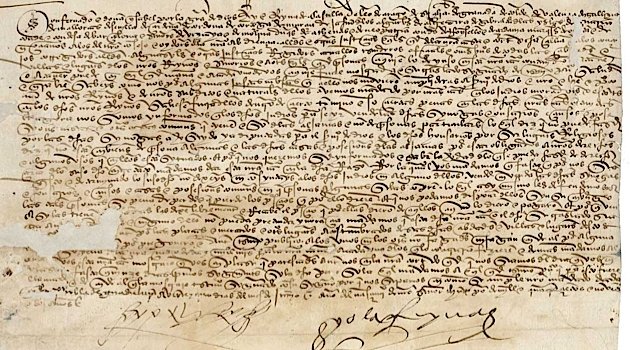
Definitions
-
Anousim
Derived from the Talmudic phrase, averah b’ones or “forced transgression,” anousim is a legal category of Jews in Halakha (Jewish law) who were forced to abandon Judaism against their will, typically while forcibly converted to another religion.
-
Auto-da-fe
The inquisition’s act of public penance reserved for convicted heretics and apostates from the 12th to 19th century. Punishments included whipping, torture, and burning at the stake.
-
Converso
People who converted to Catholicism, particularly during the 14th and 15th centuries during their persecution and expulsion from Spain.
-
Crypto-Jew
A person who secretly practices Judaism, while publicly converting to another religion.
-
Diaspora
the movement, migration, or scattering of a people away from an established or ancestral homeland.
-
Dominican
A member of the Dominican order, founded in the early 13th century by Dominic Guzman. Tasked with combating heresy and spreading the gospel, Dominican monks traveled across Europe, establishing footholds in Spain, Bologna, and Rome.
-
Heresy
A belief or opinion that contradicts Christian doctrine. Throughout the Inquisition, the act of heresy was subject to trial and punishment by Catholic authorities.
-
Inquisition
The inquisition consisted of powerful judicial groups within the Catholic Church, responsible for identifying and punishing heresy. Lasting from the beginning of the 12th century to early 19th century, the Inquisition primarily persecuted and exiled thousands of Jewish and Muslim populations around Europe.
-
Judaizing
To make Jewish, or to adopt the customs, beliefs, or character of a Jew
-
Ladino
Ladino, otherwise known as Judeo-Spanish, is a romance language Derived from Old Spanish originally spoken in Spain. Following the Jewish expulsion from Spain in the 15th century, Ladino has become a minority language. Today, Ladino is spoken mainly within Sephardic communities in more than 30 countries, with most speakers residing in Israel.
-
Relaxation
The Spanish term “Relaxado en persona,” translated to “relaxed in person,” is a euphemism for those sentenced to death during the auto-da-fe. Due to the inquisition’s ecclesiastical courts having no jurisdiction to execute, death sentences were carried out by the state. The majority of those relaxed included relapsos (relapsed Jews) or herejes (heretics).
-
Reconcile
During auto-da-fe sentencing, defendants could be “reconcile” with the Catholic church in a public ceremony. Severe punishments occurred for those reconciled, including jail sentences, confiscation of all property, and physical punishments, such as whipping.
-
Sephardic
Originating from the Hebrew word, “Seferad,” meaning Spain, Sephardic refers to the diasporic Jewish population from Spain, forced to commit to Catholicism or leave the Iberian Peninsula in the 15th century.
